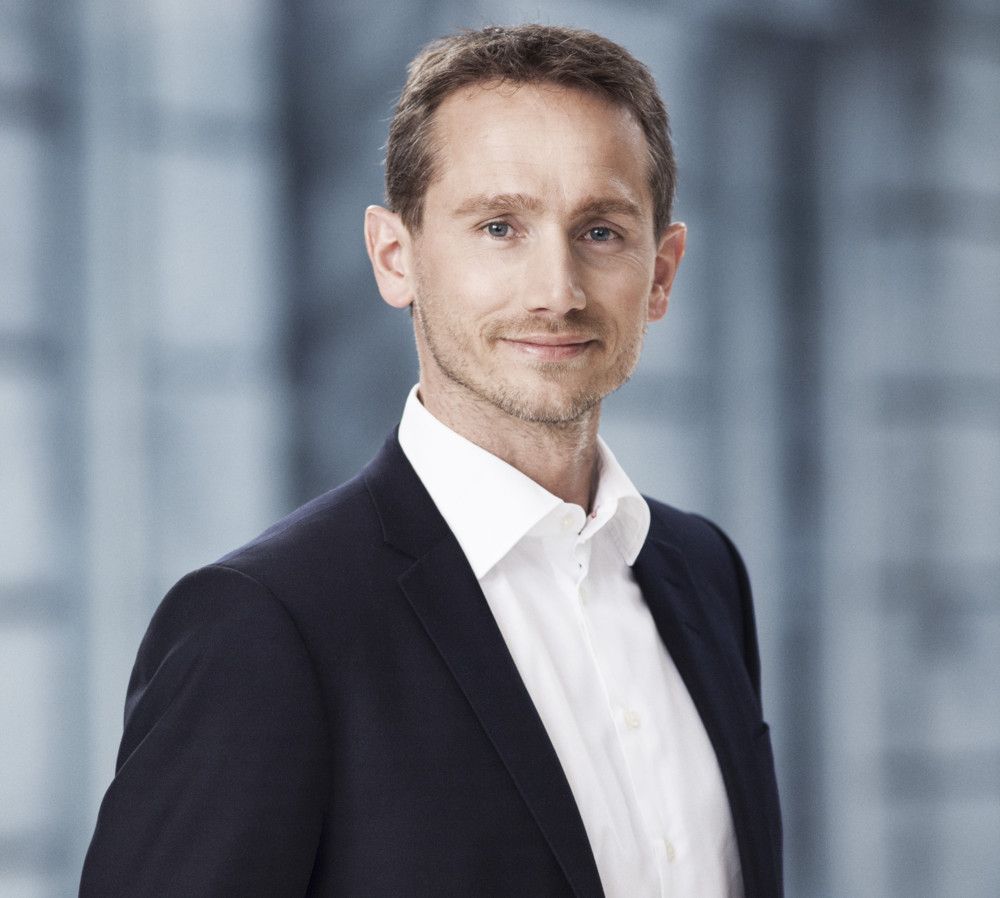Up to 4.2 million kroner in Danish development assistance may have ended up in the wrong pockets, according to the internet newspaper Altinget.
The money was earmarked for building schools in Afghanistan, but instead there has been an ‘irregular’ transfer into salaries that Denmark would not have allocated money for.
Zero tolerance
The matter is so serious that the Foreign Ministry has replaced the missing funds as part of its recent transfer to Afghanistan, according to a ministry communication.
“I am so angry,” said DF spokesperson Claus Kvist Hansen. “This is not small change and it reinforces my feeling that Danish aid funds must be followed much closer than they are today.”
Kristian Jensen, the foreign minster, said that Denmark follows up on every case of suspected corruption or fraud, regardless of the amount of money involved.
“We have a zero tolerance policy,” said the minister.
Hard to combat
Jensen said there is always a risk of corruption when dealing with unstable regimes – a view supported by Professor Christian Bjørnskov from Aarhus University.
“It is almost impossible to carry out development in Afghanistan, without corruption or fraud,” he said.
READ MORE: Foreign aid: It makes us feel better, but does it work?
The total number of pending fraud cases in Danida, the Danish International Development Agency, has been increasing. Since 2010, Denmark has suffered losses of 11.2 million kroner.















